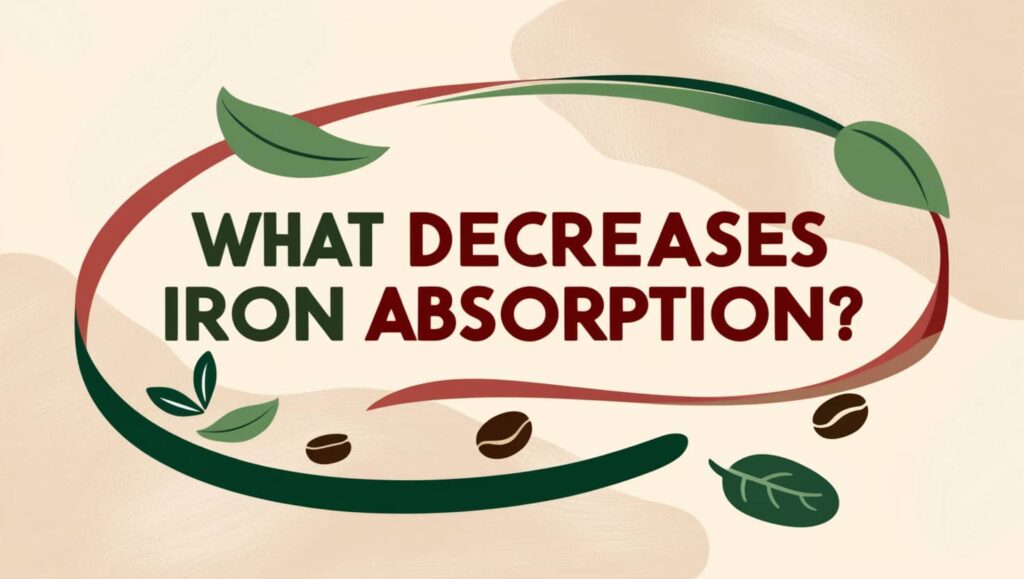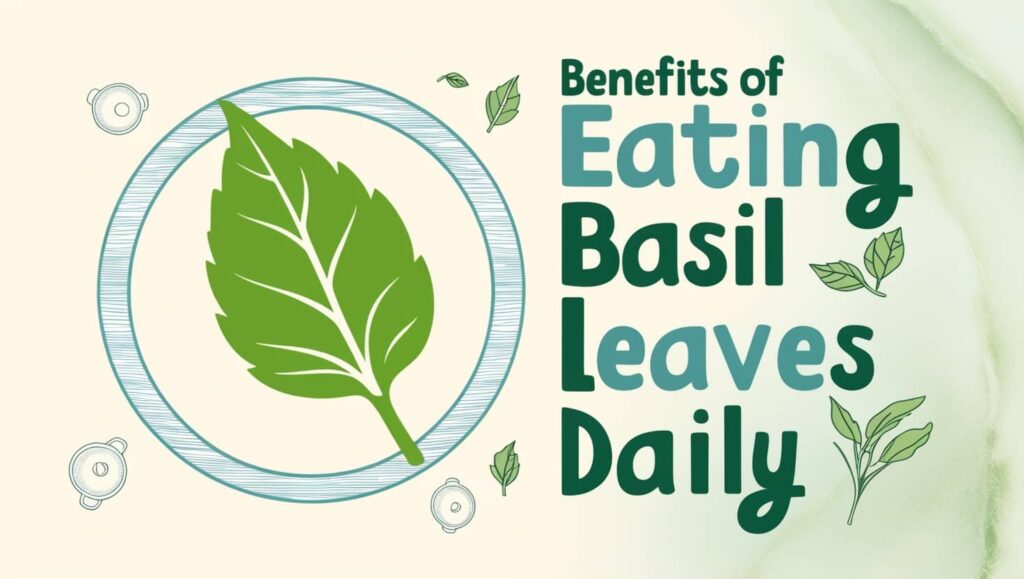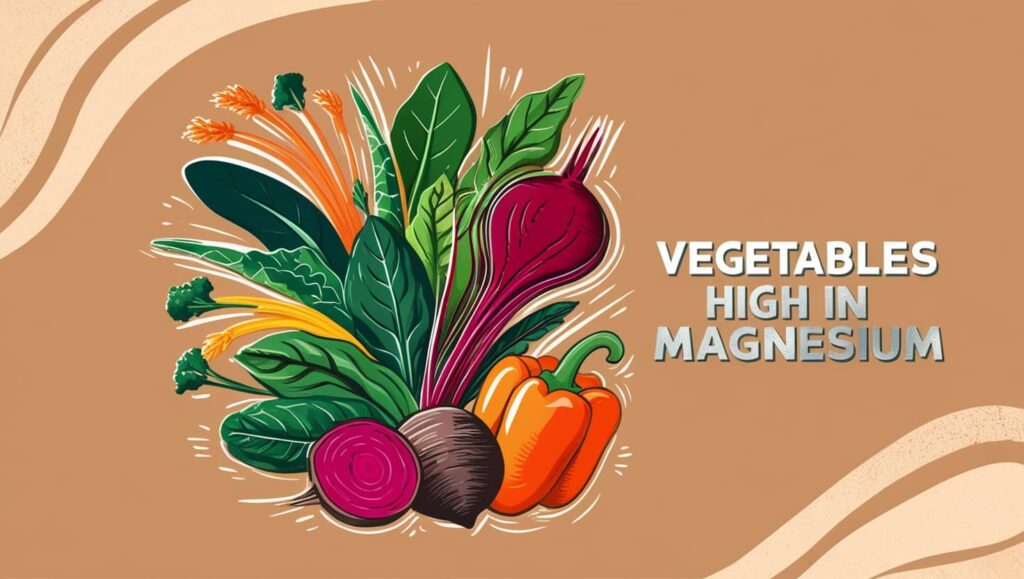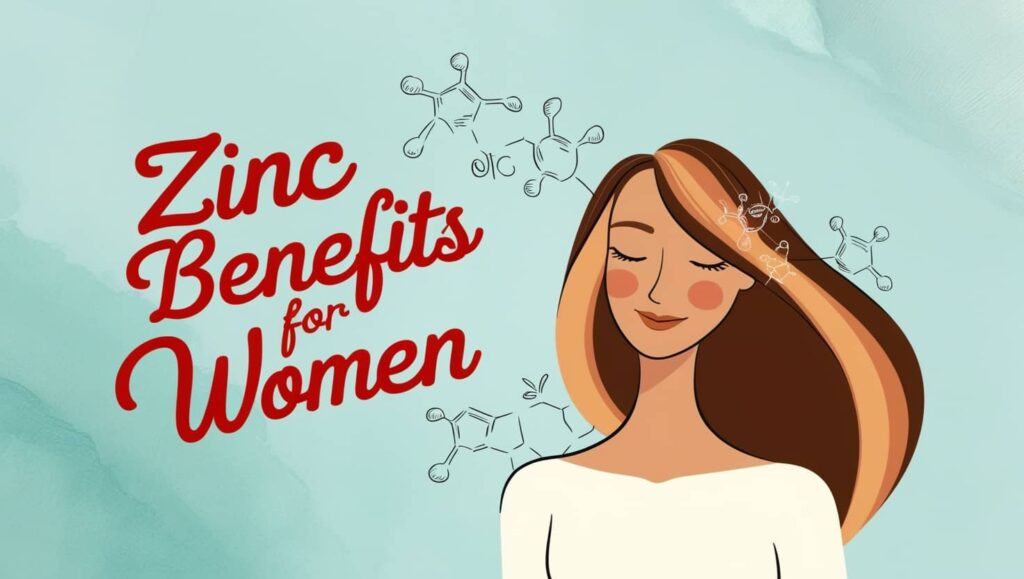Phytochemicals, including American Ginseng (AG), have been proven to have anti-cancer, antimicrobial, and anti-diabetic properties, and can reduce the risk of cardiovascular and neurodegenerative diseases. This article provides updates on AG’s general properties.
What is American Ginseng?
The Panax genus, including Panax ginseng, notoginseng, and American Ginseng, is a significant natural compound in human healthcare. These species are abundant in North Asia, particularly China, Japan, and Korea. AG, a perennial herb, has been cultivated in Wisconsin and China since the 1980s. Its medical application dates back 2000 years and is used in various products.
There are already many different items on the market that include AG, ranging from powders and pellets to teas. Extracts and dried, shredded slices of ginseng are examples of the plant’s roots. You can also buy dried ginseng blossoms or flakes.
Health Benefits of AG
Ginseng is used in hair conditioners, shower gels, lotions, and shampoos in many different countries. Its rhizomes and roots are utilized as food, medications, and diet supplements. There are chocolates and beverages made with AG extract in the USA; ginseng-based soups and salads are popular in Korea; and ginseng extract is added to alcoholic beverages in China.
Effects on Energy and Cognitive Function
Ginsenosides, such as Rb1, Re, Rd, and F11, represent almost all of ginseng. These ginsenosides are abundant in Panax quinquefolius, which is present in AG. P. quinquefolius supplementation may improve cognitive performance, according to recent studies. Acute AG supplementation has been demonstrated to enhance mood and cognitive function in middle-aged and healthy young adults. These improvements’ modes of action include impacts on acetylcholine-related neurotransmission pathways, which are essential for cognitive processes like memory and learning, as well as effects on blood glucose regulation.
Immune System and Stress Adaptation Benefits
- Ginseng, in particular, has been widely documented to regulate the immune system, preserve immune system homeostasis, and improve resistance to disease or pathogenic invasions.
- The immune system is made up of various cell types that each perform specific tasks. Ginseng medication can affect each type of immune cell differently and control it all at once.
- Ginseng successfully maintains homeostasis by controlling the immune system and stress-induced hormonal changes. Ginseng not only protects stress-related physiological ailments but also inhibits the occurrence of psychological disorders like depression and anxiety.
Contraindications
According to studies, ginseng has an impact on the coagulation cascade, specifically preventing platelet aggregation and lengthening the time it takes for thrombin and activated partial thromboplastin to form. Studies conducted in vitro have demonstrated a possible irreversible suppression of platelet aggregation.[6] Coadministration is contraindicated because ginseng also directly raises warfarin clearance.
Best Ways to Consume American Ginseng
Children should not use American ginseng unless supervised by a physician. For adults, among the available forms are:
- A standardized extract
- Fresh root
- Tincture of dried roots
- Extract from fluid
There are numerous methods for consuming ginseng root. You can eat it raw or softened with a little steam. It can also be made into tea by boiling it in water. Simply steep freshly sliced ginseng in hot water for a few minutes to achieve this.
Overall, AG is a promising source of phytochemicals with health benefits. However, little research exists on its interactions with probiotics, human microbiota, and ginsenoside transformation. Further research is needed to determine AG’s antibiotic properties against pathogenic strains and its potential in basic and clinical research.
References
- Cambria, C., Sabir, S., & Shorter, I. C. (2023). Ginseng. In StatPearls. StatPearls Publishing. Retrieved from
- Szczuka, D., Nowak, A., Zakłos-Szyda, M., Kochan, E., Szymańska, G., Motyl, I., & Blasiak, J. (2019). American Ginseng (Panax quinquefolium L.) as a Source of Bioactive Phytochemicals with Pro-Health Properties. Nutrients, 11(5), 1041.
- Lee, S., & Rhee, D. K. (2017). Effects of ginseng on stress-related depression, anxiety, and the hypothalamic-pituitary-adrenal axis. Journal of ginseng research, 41(4), 589–594.
- Kang, S., & Min, H. (2012). Ginseng, the ‘Immunity Boost’: The Effects of Panax ginseng on Immune System. Journal of ginseng research, 36(4), 354–368.








